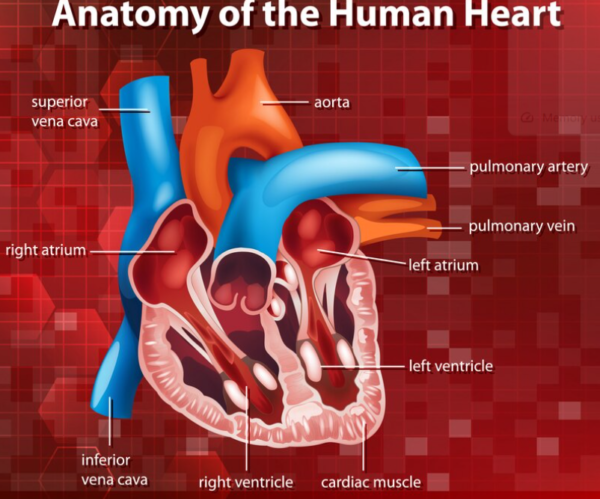Understanding Heart Chambers: Ventricles vs. Atria The heart has two separate chambers: the ventricles and the atria. The lower chambers are called ventricles, while the higher chambers are called atria. Their functions are the primary distinction between the two. While the ventricles pump blood out to the body and lungs, the atria receive blood from […]
